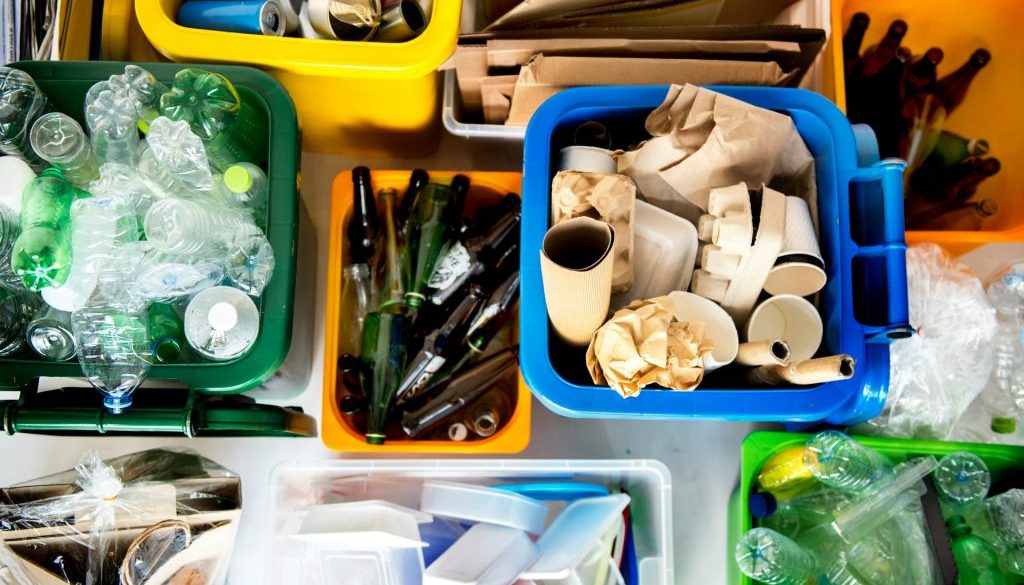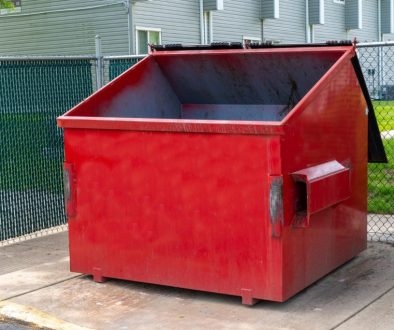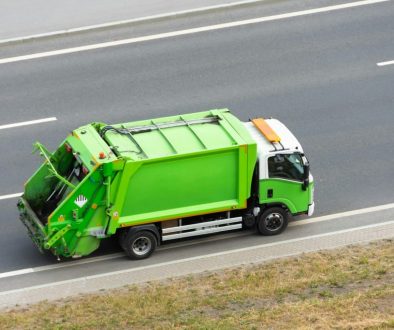Recycling rubbish efficiently is one of the most effective ways to contribute to a cleaner environment. By practising proper recycling habits, communities can significantly reduce the amount of waste ending in landfills, ultimately preserving the natural beauty and health of our planet. It’s a simple step that anyone can take to ensure a brighter future for generations to come.
In Cheshire, UK, recycling has become an essential part of daily life as residents strive to maintain the picturesque quality of their surroundings. Whether it’s separating recyclables at home or making informed choices about what products to purchase, every small effort counts. Proper recycling not only benefits the environment but also supports the local economy and builds a culture of sustainability.
Understanding What Can Be Recycled
Identifying what can and cannot be recycled is the first step towards efficient waste management. Here’s a quick guide to help:
– Recyclable Items:
– Paper Products: Newspapers, magazines, and office paper.
– Plastics: Bottles and containers labelled with recycling symbols.
– Glass: Bottles and jars of various colours.
– Metals: Aluminium cans and tin containers.
– Items Often Mistaken as Recyclable:
– Polystyrene Foam: Commonly found in packing materials.
– Pizza Boxes: Once they have food residue or grease.
– Ceramics and Porcelain: Such as broken plates or mugs.
Sorting waste correctly can make a big difference. It’s crucial to rinse containers to remove food residues and to sort them into appropriate categories. Having separate bins for each type of recyclable material is a good idea, making it easier for everyone at home to participate.
To further simplify the process, place bins in convenient locations like the kitchen or garage, and ensure they are clearly labelled. Sharing the responsibility of recycling among family members can turn this activity into a shared goal, making it more engaging for everyone involved.
Setting Up Efficient Recycling Systems at Home
Creating an efficient recycling system at home can make the process easier for everyone. Start by investing in good quality bins and containers. Choose ones that suit your home’s decor if you want to keep them in visible areas like the kitchen or utility room.
– Organise Bins Effectively:
– Group bins according to waste type: paper, plastics, glass, and metals.
– If possible, use colour coding to make sorting quick and easy for all family members.
– Place bins where waste is commonly generated, such as the kitchen, to encourage regular use.
Setting a recycling schedule is also helpful. Decide on days to focus on recycling tasks, like emptying the bins or taking waste to a local centre. This turns recycling into a routine activity rather than a chore.
It’s beneficial to educate your household about recycling practices. Explain why certain items go in specific bins, and periodically discuss the benefits of recycling in your community. Sharing facts about how recycling impacts local wildlife or reduces landfill waste can motivate everyone to be more diligent.
Partnering with Local Recycling Services
Sometimes, the volume of waste can become overwhelming, especially if there’s an ongoing home renovation or a major clean-up. This is where professional services come in handy. Using a local recycling service ensures your waste is handled properly and often more efficiently than doing it all yourself.
Professional services are equipped to manage large amounts of waste, which is particularly useful if you live in busy areas like Knutsford. They can simplify the process, taking waste off your hands and ensuring it’s sorted and recycled correctly. If you’re unsure about certain materials being recyclable, discuss this with the recycling service. They’re often more knowledgeable and can offer guidance on best practices.
Creative Ways to Reduce, Reuse, and Recycle
Embracing the concepts of reduce, reuse, and recycle can make your efforts more eco-friendly and inventive. For starters, think about waste reduction through mindful purchasing. Choose products with minimal packaging and opt for reusable over disposable items when possible. This is a simple everyday choice that can add up to significant reductions in waste.
– Repurposing and Upcycling Ideas:
– Turn old jars into plant pots or storage containers.
– Use worn-out clothes as cleaning rags or craft materials.
– Repurpose furniture with a fresh coat of paint or new fabric.
Finding new purposes for old items not only saves money but also lessens the need for new resources. It encourages creativity and can spruce up your living space with unique, personalised touches.
Wrap-Up for A Cleaner Environment
Recycling rubbish effectively is a responsibility that starts at home but extends to the broader community. By making small, consistent changes, you contribute significantly to sustainability efforts. This journey requires awareness, cooperation, and sometimes guidance from professionals, especially when dealing with larger volumes of waste.
Community plays a crucial role in these efforts. By joining forces with neighbours and local services, we can achieve a cleaner, more sustainable environment. Encouraging discussions around recycling and sharing successes can inspire others to follow suit, gradually leading to substantial positive change.
Choosing efficient waste management solutions helps protect the environment and keeps your space tidy during big clean-ups or renovations. For reliable support, consider using skip hire in Knutsford with Enviro Skip Hire to make rubbish disposal simpler and more effective.




